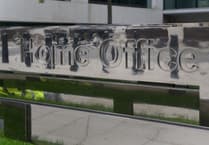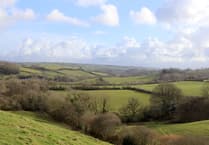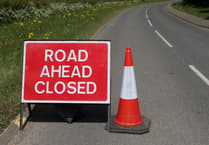Townsfolk flagged the environment, housing and planning as priority issues facing Totnes at a special charter making event.
Totnes Town Council is in the process of creating the first ever Totnes Community Charter and has urged residents to have their say about what matters most to them.
Dozens of locals attended the council’s recent charter-making meeting at the civic hall, hailed a success by the council.

Councillor Georgina Allen said: “The event was very well attended with around 80 people from across Totnes coming together.
“They discussed what it was in Totnes that they really valued and how they wanted to see the town progress as part of a process to develop a charter.
“It is hoped the charter will help to protect and fight for the things that matter to the people of the town, from historic buildings, schools, homes and health services to the rivers, green space and air quality.”
Attendees grouped at tables and were given specific themes to discuss such as heritage, society and environment.

Cllr Allen continued: “A very positive, engaged conversation followed and by the end attendees had filled at least 20 sheets of paper with ideas, comments, and anecdotes.
“A quick recap at the end showed that concern for the environment figured strongly as did planning and housing issues.

“We are now in the process of evaluating the findings from the event. These will then be collated with the feedback from online and postcard surveys, which gave anyone who could not attend the event a chance to share their views.”

The council aims to publish the views gathered at the event and via the surveys as a Totnes Town Charter – following in the footsteps of Frome, Falkirk and St Ives which have created their own charters.
Community Charters are rights-based documents which set out things in a local area residents agree are fundamental to the present and future health of their community, and related rights and responsibilities.
Cllr Allen explained: “The charter is not a legal document and instead gains its power from the number of people that sign up to it and how vigorously it is then used by that community in participatory planning.
“It can be shown to any landowner, local authority, planner or developer.”




